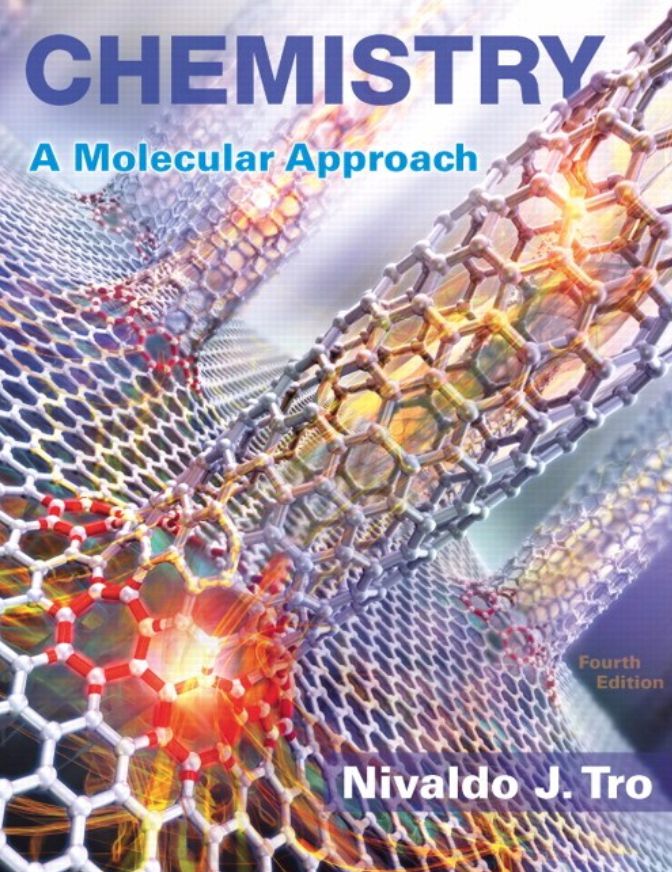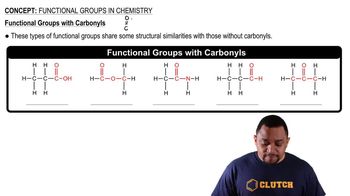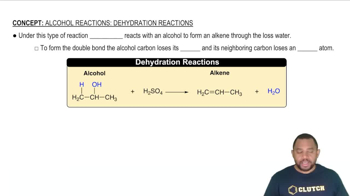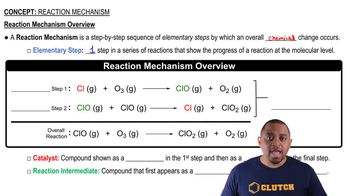Textbook Question
Draw the structure for each alcohol. a. 2-butanol b. 2-methyl-1-propanol c. 3-ethyl-1-hexanol d. 2-methyl-3-pentanol

 Verified step by step guidance
Verified step by step guidance



Draw the structure for each alcohol. a. 2-butanol b. 2-methyl-1-propanol c. 3-ethyl-1-hexanol d. 2-methyl-3-pentanol
List the products of each alcohol reaction. a.
List the products of each alcohol reaction.
b.
List the products of each alcohol reaction. d.
List the products of each alcohol reaction.
a.
List the products of each alcohol reaction. b.